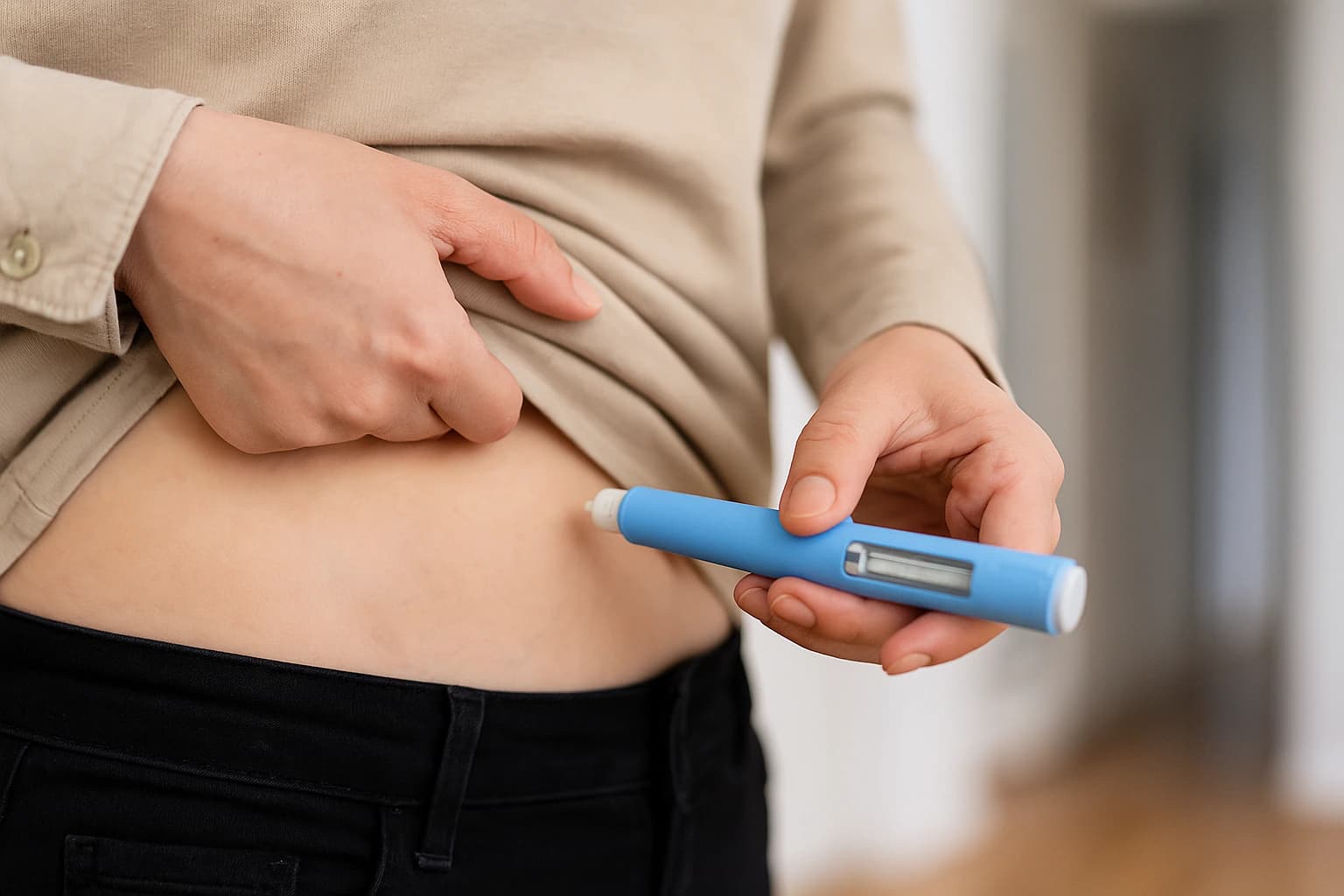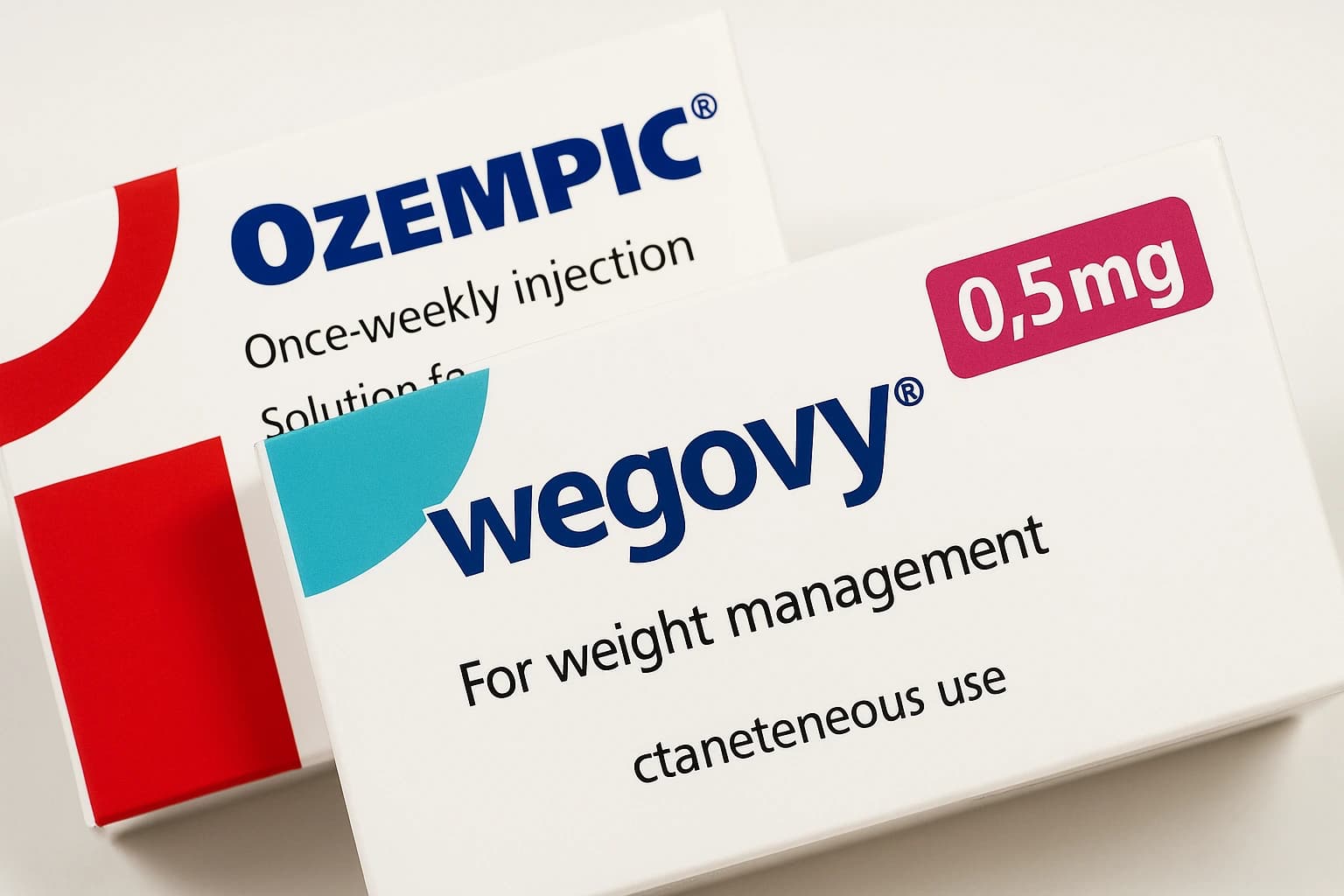Serious Side Effects of Zepbound
While most people experience mild side effects of Zepbound, some individuals may develop more severe reactions. However, serious side effects from this medication are not common. In case the side effects turn out to be severe, then you should contact your physician for help.
If, however, the side effects are life-threatening or if it is a medical emergency, then you should call 911 or go to the nearest hospital. You must be aware of these serious side effects and immediately get medical help if they occur. The list below may not contain all possible serious side effects of the drug; refer to the Zepbound prescribing information for more details.
Cardiovascular Problems
A serious side effect of this medication is an increased heart rate, which means your heart may beat faster than usual. More than 20% of people taking the medication experience this, but the severity can differ. Other cardiovascular issues include:
Chest pain: discomfort or pressure in the chest, often described as a squeezing or heavy feeling.
High blood pressure: elevated blood pressure that increases the risk of heart attack and stroke.
Irregular heartbeat: an abnormal heart rhythm that can cause palpitations or dizziness.
Allergic Reactions
Allergic reactions may occur when using the medication. These are infrequent, but the skin reactions may start at the Zepbound injection site. Watch for any symptoms of a serious allergic reaction, such as:
Swelling of the face or throat
Severe skin reactions include hives, blistering, severe rash, itching, or peeling skin
Anaphylaxis and angioedema, which lead to swelling and difficulty breathing
Fainting or feeling dizzy, or a rapid heartbeat
Liver and Kidney Concerns
The side effects can cause kidney problems that make a person experience diarrhea, nausea, and vomiting, leading to fluid loss and dehydration. Sometimes, you might have yellowing of the skin or eyes or jaundice, a liver, gallbladder, or pancreas problem symptom.
You may feel severe pain from your abdomen to your back or have dark urine. Tell your healthcare provider if these serious problems worsen or will not go away.
Psychological Effects
Zepbound can sometimes cause mood swings such as anxiety, depression, or suicidal thoughts. Pay attention if you take medication that affects your moods, behaviors, emotions, and ideas. It can also cause hypoglycemia (low blood sugar). Signs include dizziness or lightheadedness; sweating; headache; blurred vision; slurred speech; shakiness or fast heartbeat; anxiety; irritability; confusion or drowsiness; and mood changes such as hunger, weakness, and jitters. Any new mental change that worries you should result in a phone call to your doctor.




